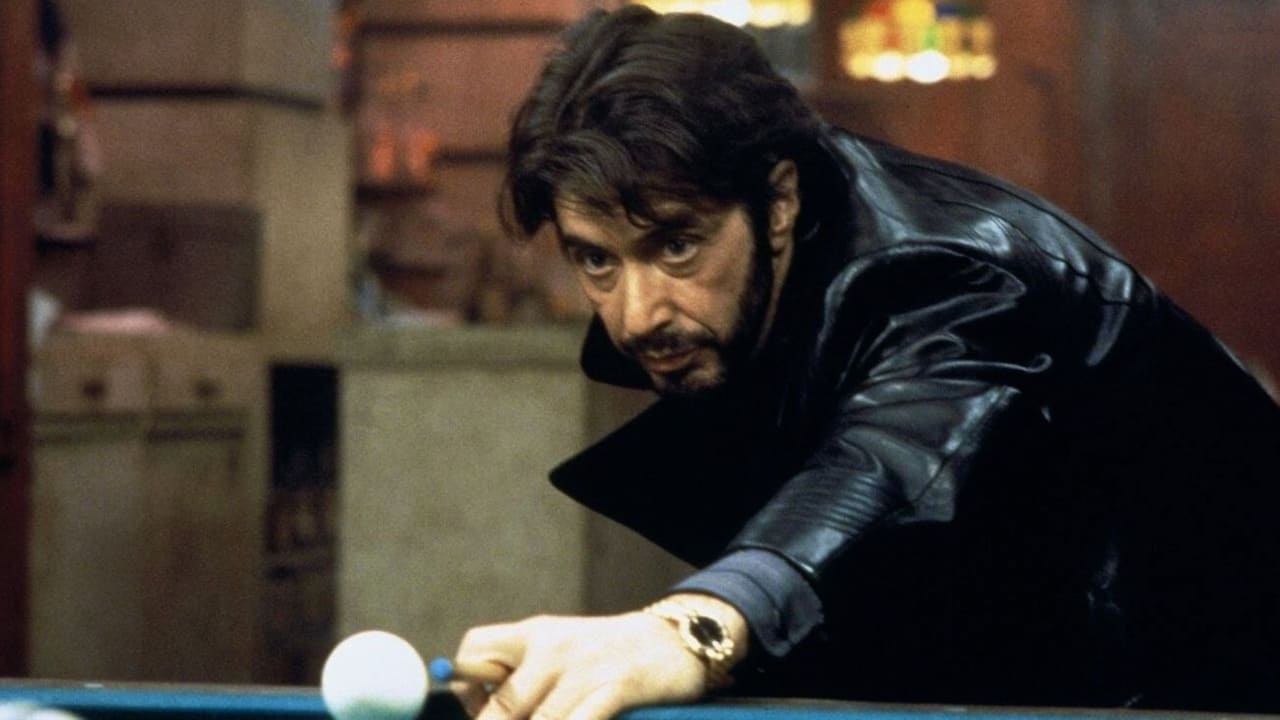Do Broken Promises Make for the Best Stories?
Welcome to the gritty, unpredictable streets of New York City circa 1993, where Brian De Palma crafts an unforgettable tale of ambition and redemption in Carlito's Way. This crime drama thriller, starring the dynamic powerhouse Al Pacino, takes you on a rollercoaster of emotions, set in a world where loyalty is bought and trust is merely fool's gold. In this movie review, we're diving headfirst into the chaotic brilliance of De Palma's world.
A Plot Designed Like a House of Cards
At the center of this meticulously constructed narrative is Carlito Brigante, played with gravitas by Pacino, a former convict bearing the weight of past sins and carrying the resolve to reform. His ambition? To escape the treacherous underworld that's as sticky as NYC gum. Carlito pledges to steer clear of drugs and violence—simple, right? But weave in frenetic club scenes, duplicitous allies, and his inextinguishable love for Penelope Ann Miller's Gail, and you're left teetering on the brink of suspense.
Standing like a beacon of inevitability, the plot questions whether people change or simply delay the inevitable. Carlito’s journey is peppered with betrayal, heart-pounding chase sequences, and moments of introspection that give solace as fleeting as mists of dawn. Throughout, De Palma's direction keeps you glued, right until the very last frame.
Pacino, Penn, and the Art of Theatrical Magic
No film critique of Carlito's Way would be complete without lauding its stellar cast. Al Pacino's transformation into Carlito is akin to slipping into a second skin, showcasing his unparalleled ability to balance fragility with ferocity. Then we have Sean Penn's portrayal of David Kleinfeld, Carlito’s scheming lawyer—a haunting blend of charm and despisability that Penn executes with devilish delight. It's almost poetic how Penn polishes this character to a strategic crescendo of chaos.
In terms of visual storytelling, the cinematography is as sharp as a stiletto. The chiaroscuro imagery echoes the duality of Carlito's world—the dark allure of his past against the bright, hopeful visage of his future. Moments are tightly woven in scenes that exude tension, and De Palma punctuates this with a musical score that mirrors each pulse of the narrative. Kudos to the screenwriting prowess of David Koepp for adapting Edwin Torres’ novels into a script that feels like an elegy to New York City itself.
Crime Dramas, Cuban Cigars, and De Palma’s Signature
As we digest this narrative, comparisons to De Palma's earlier works, like Scarface, unfurl naturally. Both films encapsulate the American dream flecked with ambition and annihilation, yet Carlito's Way feels more introspective. Unlike the bombastic sprawling of Scarface's rise-and-fall trajectory, Carlito’s tale is a meditation on lost time and futile leaps toward salvation—imagine crossing The Godfather with an indie existential film.
That said, where does it stand in the pantheon of the best crime films? It sidles comfortably alongside classics like The French Connection while offering something unique—a promise and a lament wrapped snugly in Carlito’s coat jacket. Despite a follow-up prequel starring a youthful Jay Hernandez, it's these original beats that linger long after the credits roll.
Can We Repent in the Face of Fate?
In closing, Carlito's Way isn't just a film; it's a defining touchstone of the crime saga genre. For lovers of crime dramas and thrillers, backed by moments of high-octane suspense and introspective pauses, this is a must-watch film. If you find yourself wondering whether a good man can truly leave his past behind, this film may just answer that with a nod and a knowing wink. Settle in with some popcorn and allow the magic of Pacino and company to cast its inescapable spell.

